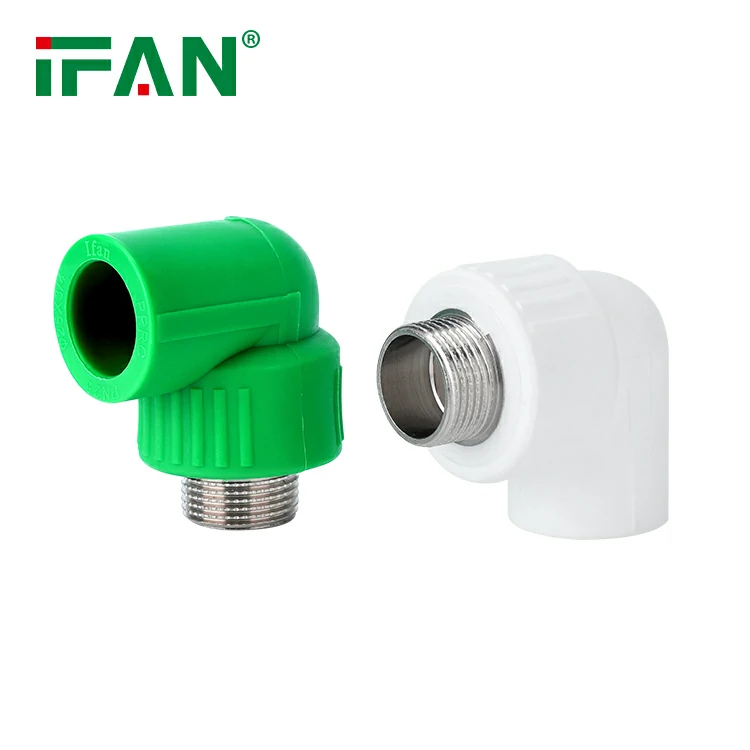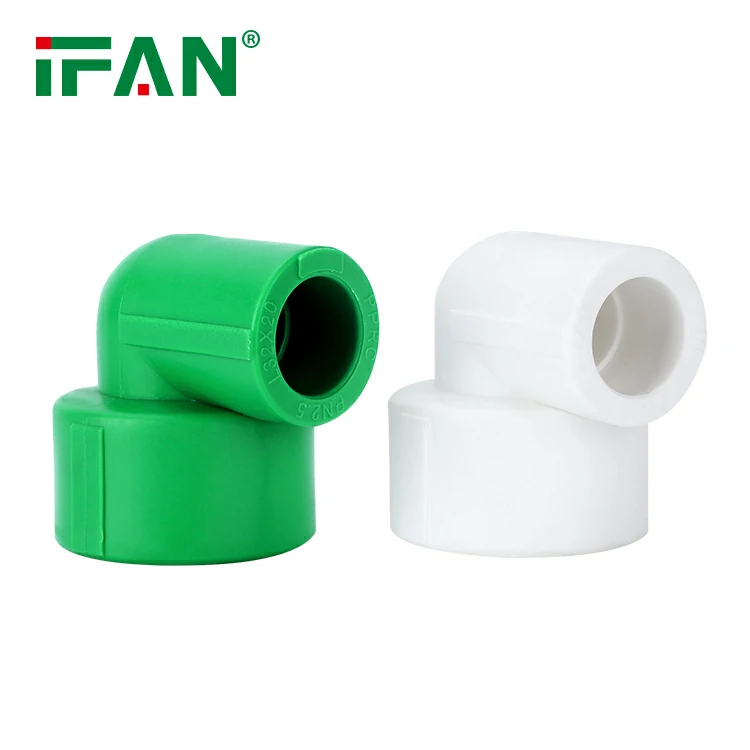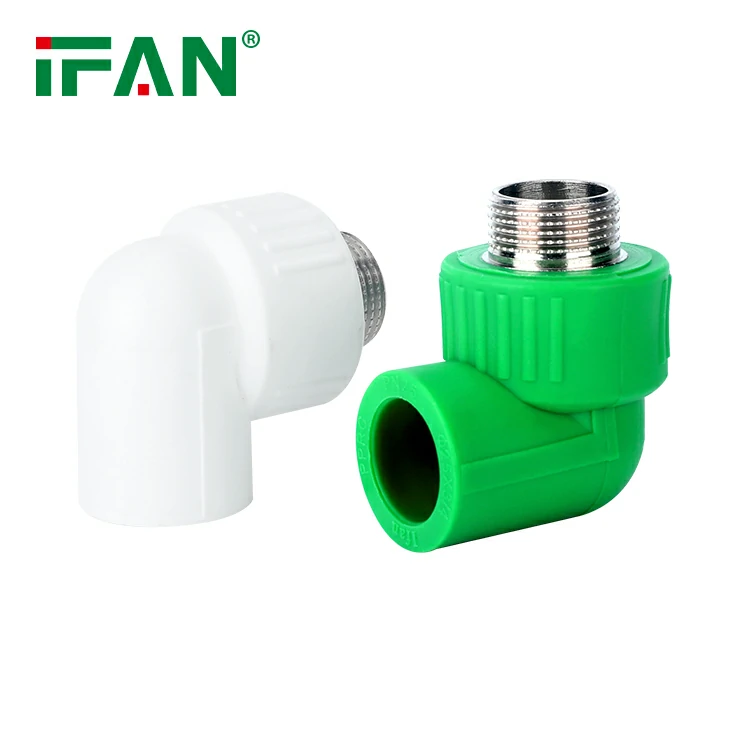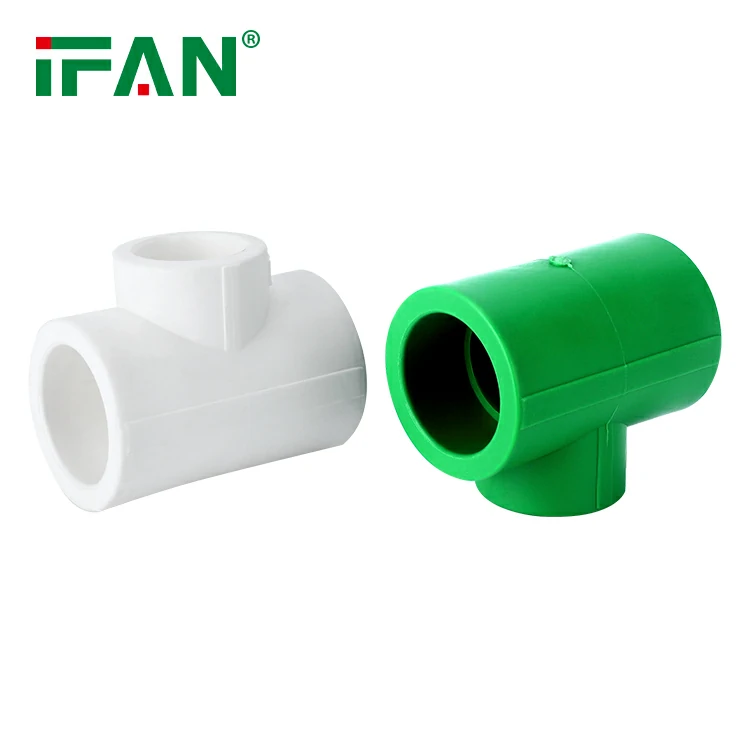Introduction
The PVC pipe industry is poised for significant growth, with projections indicating a 10-12% expansion in FY25. This surge is attributed to an infrastructure push across various sectors, including construction, agriculture, and water supply. As governments and private entities invest in upgrading infrastructure, the demand for durable and cost-effective materials like PVC pipes continues to rise. In this article, we explore the factors driving this growth, the challenges faced by the industry, and the opportunities it presents.
The Role of PVC Pipes in Infrastructure Development
PVC pipes are a cornerstone of modern infrastructure, valued for their versatility, durability, and affordability. They are used extensively in:
- Plumbing and Water Supply: Ensuring safe and efficient distribution of water.
- Sewage and Drainage Systems: Facilitating proper waste management.
- Irrigation in Agriculture: Enhancing water efficiency in farming.
- Electrical Conduits: Protecting wiring in buildings and infrastructure projects.
Why PVC Pipes Are Preferred
- Cost-Effective: PVC pipes are less expensive than metal or concrete alternatives.
- Lightweight: Easier to transport and install, reducing labor costs.
- Corrosion-Resistant: Ideal for long-term use in various environments.
- Eco-Friendly Options: Recyclable and sustainable solutions are increasingly available.
Key Drivers of Growth in FY25
The 10-12% projected growth for PVC pipe businesses in FY25 is fueled by several factors:
1. Government Infrastructure Spending
Governments worldwide are investing heavily in infrastructure projects to stimulate economic growth. Initiatives such as smart cities, water supply upgrades, and rural electrification are boosting demand for PVC pipes.
2. Rapid Urbanization
As cities expand, the need for efficient plumbing, drainage, and electrical systems grows. PVC pipes provide a reliable solution to meet these demands.
3. Focus on Sustainability
The PVC industry is adopting greener practices, such as manufacturing pipes with recycled materials. This aligns with global efforts to reduce carbon footprints, increasing their appeal.
4. Technological Advancements
Innovations in PVC pipe manufacturing, such as high-pressure pipes and advanced jointing techniques, have enhanced performance, attracting more users.
5. Agricultural Demand
With water conservation becoming a priority, PVC pipes are critical in modern irrigation systems, particularly in water-scarce regions.

Challenges Faced by the PVC Pipe Industry
Despite promising growth, the PVC pipe industry faces several hurdles:
1. Raw Material Price Volatility
The cost of PVC resin, a primary raw material, fluctuates due to global market conditions, impacting profit margins.
2. Environmental Concerns
While PVC pipes are durable, their disposal and recycling remain a challenge. Increased scrutiny over environmental impact necessitates innovation in sustainable practices.
3. Competition from Alternatives
Materials like HDPE and PEX are gaining popularity in some applications, creating competition for PVC pipes.
4. Supply Chain Disruptions
Global events such as pandemics or geopolitical tensions can disrupt the supply chain, affecting production timelines and costs.
Opportunities for Expansion
To capitalize on the growing demand, PVC pipe manufacturers can explore several strategies:
1. Diversification of Products
Expanding product portfolios to include specialized pipes for niche applications like geothermal systems or medical use can open new revenue streams.
2. Adoption of Green Manufacturing
Investing in eco-friendly manufacturing processes and promoting recyclable products can attract environmentally conscious consumers and comply with regulations.
3. Focus on Emerging Markets
Developing economies offer immense growth potential as they ramp up infrastructure projects. Targeting these markets can drive significant revenue.
4. Collaboration with Governments
Partnering with governments on public infrastructure projects can ensure steady demand and build long-term relationships.
5. Investment in R&D
Innovating to improve durability, reduce costs, and create smart solutions like sensor-integrated pipes can set manufacturers apart from competitors.
The Future of the PVC Pipe Industry
With favorable market conditions and infrastructure development in full swing, the PVC pipe industry is well-positioned for sustained growth. By addressing challenges and leveraging opportunities, manufacturers can ensure profitability while contributing to global development.
Conclusion
The projected 10-12% growth in PVC pipe businesses for FY25 underscores the sector’s resilience and adaptability. As infrastructure development accelerates worldwide, the demand for efficient, durable, and eco-friendly PVC pipes will only grow. For industry players, this is the time to innovate, invest, and expand to meet the evolving needs of consumers and industries alike.
FAQs About PVC Pipes
1. What are the main applications of PVC pipes in infrastructure?
PVC pipes are used in plumbing, drainage, irrigation, and electrical conduit systems, among other applications.
2. Are PVC pipes environmentally friendly?
PVC pipes are durable and recyclable, making them a sustainable option when proper recycling practices are followed.
3. How can the PVC pipe industry address raw material price fluctuations?
Diversifying suppliers, negotiating long-term contracts, and investing in alternative materials can help mitigate the impact of price volatility.
4. What innovations are shaping the future of PVC pipes?
Advancements include high-pressure pipes, sensor-equipped pipes, and pipes made from recycled materials to enhance performance and sustainability.
5. How does government spending affect the PVC pipe market?
Increased infrastructure spending by governments drives demand for PVC pipes, particularly in large-scale projects like water supply systems and smart cities.





